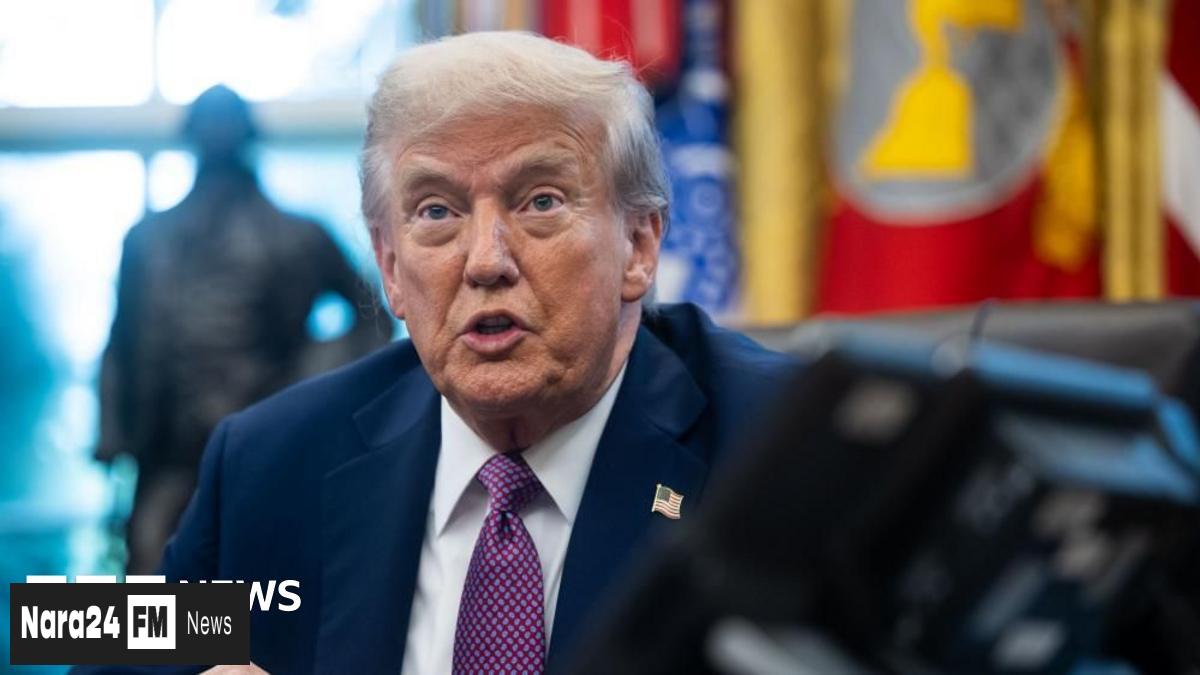In This Article
- Qatar: A Blow to Diplomatic Efforts
- Poland: Testing NATO's Resolve
- Broader Implications
Key Takeaways
- The Trump administration faces diplomatic challenges as Israel's military strike on Hamas targets in Qatar disrupted U.S.-backed peace efforts and raised questions about U.S. complicity.
- Russia's incursion of military drones into Polish airspace, the first such act in NATO territory, tests Trump's commitment to alliance defense and deterrence against Moscow.
- Trump's delayed response and lack of sanctions threats to Russia's actions in Poland have fueled doubts about his reliability and strategic consistency among European allies.
- The incidents underscore tensions between Trump's approach to Middle Eastern diplomacy and his perceived influence over Israel's unilateral actions.
- Analysts warn that Trump's unpredictable messaging and bluster risk undermining U.S. credibility and long-term strategic influence globally.
The Trump administration faces mounting pressure as President Donald Trump confronts two high-profile diplomatic challenges that threaten to undermine his foreign policy strategy. On one front, Israeli Prime Minister Benjamin Netanyahu’s unilateral military strike on Hamas targets in Qatar—just two days after the U.S. unveiled a peace proposal—has raised concerns about U.S. complicity and strained relations with a key regional ally. Meanwhile, Russia’s deliberate incursion of military drones into Polish airspace marks the first time such an act has crossed directly into NATO territory, testing Trump’s resolve to uphold alliances while navigating tensions with Moscow.
**Qatar: A Blow to Diplomatic Efforts**
The Israeli raid on Hamas’ Doha headquarters, dubbed “Operation Summit of Fire,” destabilized U.S.-backed Gaza peace efforts. Hamas leaders were reportedly in Qatar to discuss potential negotiations when Israeli forces bombed their offices, derailing the Trump administration’s latest initiative. Critics question whether the U.S. had advance knowledge of the strike, given Qatar’s strategic role as a home to a major U.S. airbase. White House statements downplayed the attack’s severity, but the White House press secretary acknowledged it “does not advance Israel or America’s goals,” signaling frustration over the lack of coordination. Netanyahu, meanwhile, insisted the operation was “wholly independent,” despite U.S. assurances to Hamas leaders in Qatar not to target them there.
The incident has fueled speculation about Netanyahu’s autonomy and Trump’s influence over Israeli actions—a recurring tension in the administration’s approach to Middle Eastern diplomacy. Analysts argue that such strikes risk alienating Qatar, a critical partner in the region, and undermine U.S. credibility in brokering lasting peace.
**Poland: Testing NATO’s Resolve**
Less than a month after Trump’s controversial summit with Russian President Vladimir Putin in Alaska, Moscow’s military aggression has escalated. Russian drones crossed into Polish airspace, with 19 interceptors shot down and civilian damage reported. Polish officials described the incursion as a deliberate provocation, the closest NATO has come to direct conflict since World War II.
President Trump’s initial silence on the incident—contrasting sharply with his aggressive rhetoric on the Hamas strike—has further fueled doubts. While Trump later tweeted that the incursion represented “a new phase,” his delayed response and lack of sanctions threats have left allies questioning his commitment to defending NATO. The incident underscores broader concerns about Trump’s unpredictability and the challenges of maintaining a unified U.S. stance amid global tensions.
**Broader Implications**
Both crises highlight the administration’s precarious balancing act: upholding alliances while dealing with volatile partners. The Qatar strike exposes vulnerabilities in Trump’s strategy to isolate Hamas, while the Poland incident challenges his ability to deter Russian aggression. As European allies brace for further escalation, Trump’s approach—marked by bluster, backtracking, and inconsistent messaging—risks eroding U.S. influence on the global stage.
The White House insists it remains committed to “swift and decisive action” in both theaters, but the incidents have already reshaped perceptions of Trump’s diplomatic efficacy, raising questions about his capacity to leverage U.S. power to achieve long-term strategic goals.
**Note**: A related video from the BBC is embedded below.







Comments (0)
Leave a Comment
Be the first to comment on this article!